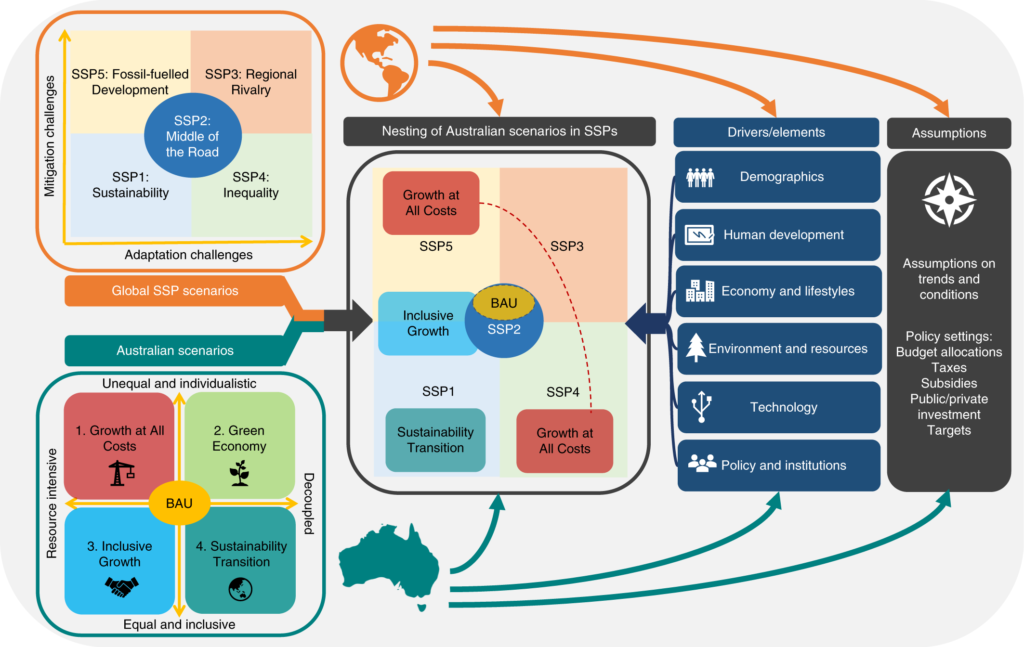
A Comparative Analysis: Australian Government Policy on Sustainable Business

In today’s rapidly changing world, sustainable and responsible business practices have emerged as vital components for long-term economic growth and environmental preservation. Governments worldwide are implementing policies to encourage businesses to adopt sustainable practices and reduce their ecological footprints. This article delves into the Australian government’s policy on sustainable business and compares it with similar initiatives implemented by governments around the world.
Australian Government Policy on Sustainable Business:
The Australian government has recognised the importance of sustainability and has taken significant steps to promote responsible business practices. One of the key policy tools is the National Carbon Offset Standard (NCOS), which enables businesses to measure, reduce, and offset their carbon emissions. This standard provides a framework for achieving carbon neutrality and encourages organisations to adopt sustainable practices.
Moreover, the Australian government has introduced various financial incentives to promote clean energy and sustainable investments. Initiatives such as the Renewable Energy Target, Clean Energy Finance Corporation, and the Emissions Reduction Fund have been instrumental in driving the adoption of renewable energy sources and reducing greenhouse gas emissions.
Additionally, the government has emphasised the importance of sustainable procurement practices. It encourages businesses to prioritise suppliers with sustainable operations and to incorporate environmental considerations into their procurement decisions. This approach not only supports sustainable businesses but also stimulates the growth of a green economy.
Comparisons with Other Governments:
1. European Union (EU):
The EU has been a global leader in sustainability policies, implementing ambitious targets and regulations. The EU’s Green Deal aims to make Europe the first climate-neutral continent by 2050. The EU Emissions Trading System (EU ETS) and stringent regulations on renewable energy and emissions reductions have incentivised businesses to adopt sustainable practices. Additionally, the Circular Economy Action Plan promotes resource efficiency and waste reduction.
2. United States:
The United States has seen a significant shift in its approach to sustainability under different administrations. While federal policies have varied, several states have taken the lead in promoting sustainable business practices. California, for example, has implemented robust regulations to reduce emissions, promote renewable energy, and encourage sustainable transportation.
3. Nordic Countries:
Nordic countries, including Denmark, Sweden, Finland, Norway, and Iceland, have long been pioneers in sustainability. These nations have implemented comprehensive policies to support renewable energy, sustainable transportation, waste management, and eco-friendly urban planning. They have also encouraged collaboration between academia, government, and industry to drive sustainable innovation.
4. China:
China, as one of the largest global economies, has recognised the need for sustainable development. The government has implemented initiatives such as the Green Credit Policy, which incentivises financial institutions to support environmentally friendly businesses. China has also invested heavily in renewable energy infrastructure, making it the largest producer of solar panels and wind turbines globally.
While the Australian government has made commendable efforts to promote sustainable business practices, there are variations in the approaches taken by different governments around the world. European nations and the Nordic countries have been at the forefront of sustainability policies, implementing stringent regulations and ambitious targets. The United States has seen a mix of federal and state-level initiatives, while China has focused on fostering sustainable innovation and renewable energy infrastructure.
As the global community faces pressing environmental challenges, it is crucial for governments to continue collaborating and sharing best practices. By learning from each other’s successes and failures, governments can create more effective policies that encourage businesses to adopt sustainable practices, leading to a greener and more sustainable future for all.

